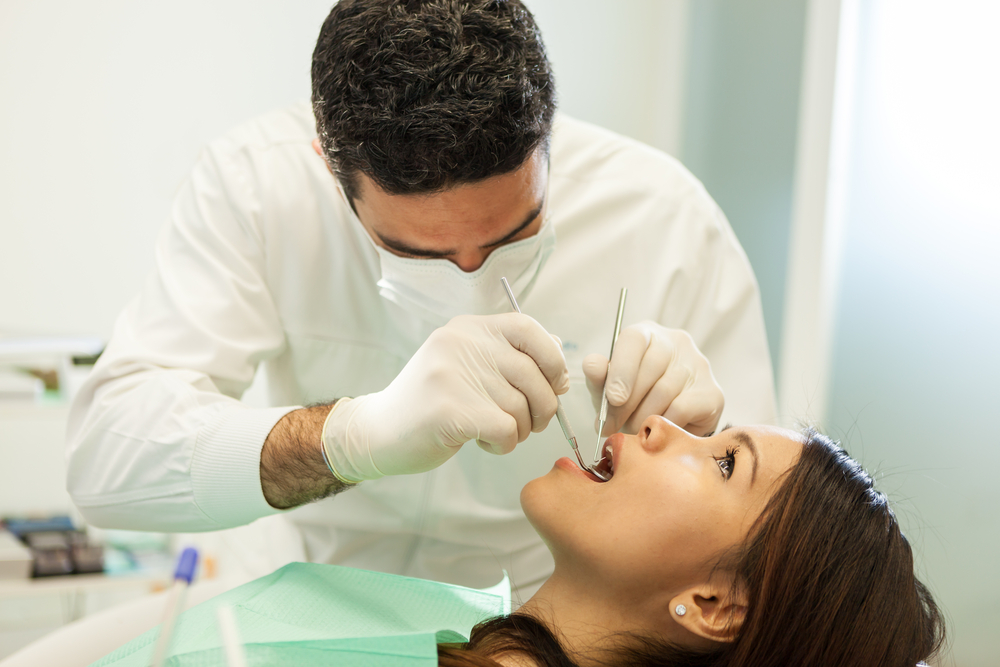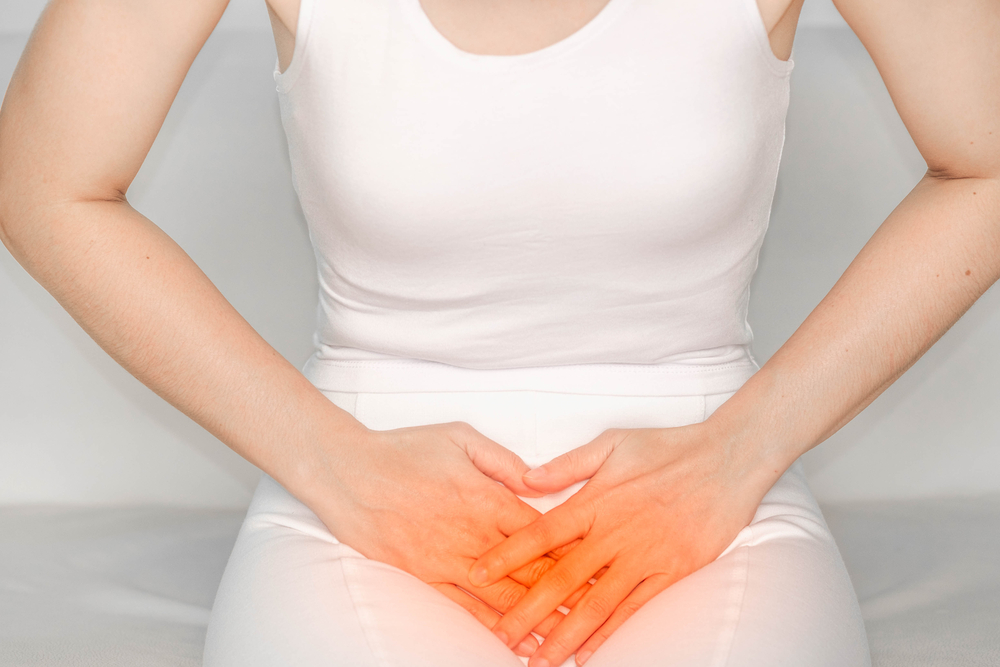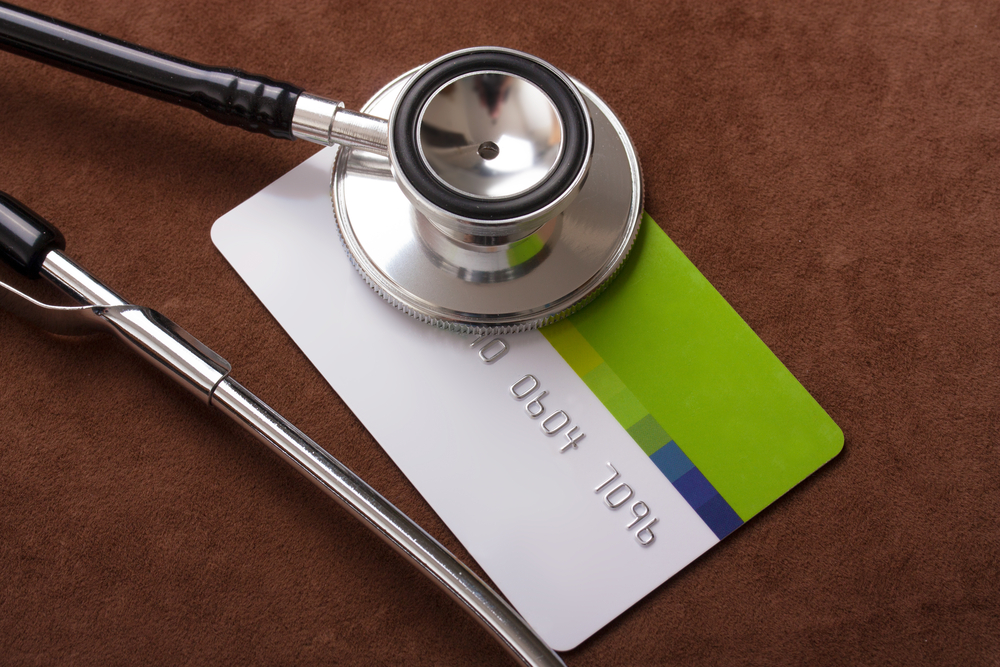Contents:
- Medical Video: Minimally Invasive Surgery for Ulcerative Colitis at The Mount Sinai Hospital
- What is abdominal surgery for Crohn's disease?
- When do I need to undergo abdominal surgery for Crohn's disease?
- What should I know before undergoing abdominal surgery for Crohn's disease?
It is important for you to know the warnings and precautions before carrying out this operation. If you have questions, consult your doctor for further information and instructions.
- What should I do before stomach surgery for Crohn's disease?
- What is the process of stomach surgery for Crohn's disease?
- What should I do after stomach surgery for Crohn's disease?
Complications
What complications can occur?
Medical Video: Minimally Invasive Surgery for Ulcerative Colitis at The Mount Sinai Hospital
Definition
What is abdominal surgery for Crohn's disease?
Surgery for Crohn's disease is a treatment option to relieve your symptoms. This action might involve removing or changing parts of your digestive organs. Surgery is usually recommended if other treatments and treatments fail.
Crohn's disease is inflammation of the intestine. This causes your intestinal wall to thicken, which can block food from passing. The affected area can experience interference in the absorption of nutrients from food. The small intestine is the most affected part, but every part of your intestine can also be inflamed. Some signs and symptoms may include:
- abdominal pain and cramps
- diarrhea
- loss of weight
- fatigue
- fever
If left untreated, your symptoms may get worse and cause complications to your body. Talk to your doctor to discuss treatment options that are right for you.
When do I need to undergo abdominal surgery for Crohn's disease?
You most likely need surgery because part of your intestine is blocked. Some parts of the intestine in Crohn's disease experience a cycle of inflammation and repair. Over time, these intestinal parts will become hard. People with intestinal blockages may experience vomiting, distension, and abdominal pain when they eat. If the blockage deteriorates quickly, you may need emergency surgery.
You might also need to have an operation if you have:
- fistula - a hole that forms in your intestine or between the intestine and other organs, such as the bladder
- bleeding in your intestine
- hole in your intestine
- abscess - pus-filled cavity that can form near the anal area or elsewhere
Prevention & warning
What should I know before undergoing abdominal surgery for Crohn's disease?
Before undergoing surgery for Crohn's disease, you must know the following:
- Your symptoms must subside more. Your doctor may also reduce or stop your treatment.
- risks include leaking your intestines, infections in your stomach, or infections near wounds from surgery, blood clots in the hands or feet, and short-term blockages in your intestines. You can also get "short stomach syndrome." This means that your intestines are too short to absorb all the nutrients you need.
- Crohn's disease can be treated using drugs, such as meclizine, steroids, azathioprine and infliximab. These drugs have side effects and your doctor and pharmacist will give you the right consultation
- It is very important to know that surgery does not cure Crohn's disease. After the affected part of the intestine is removed, Crohn can reappear in other parts of the intestine or elsewhere
It is important for you to know the warnings and precautions before carrying out this operation. If you have questions, consult your doctor for further information and instructions.
Process
What should I do before stomach surgery for Crohn's disease?
This operation is performed under general anesthesia. Total anesthesia will relax the muscles in your digestive tract and airway, which will make food and acids stay in your stomach and will not enter the lungs. That is why, it is very important to follow the doctor's instructions about when to stop eating and drinking before surgery.
In most cases, you should start fasting about six hours before your procedure. You may be able to drink fluids for several hours before your surgery.
Your doctor may ask you to use certain drugs with a small sip of water during your fasting time. Discuss your medication with a doctor.
You should also talk to your doctor about your daily medication, supplements and other conditions of the body to prepare before surgery.
What is the process of stomach surgery for Crohn's disease?
Your surgery depends on the location of the disease and its severity. There are several types of operations. As:
- strictureplasty, which is a surgical procedure to expand the narrow area of the small intestine in the affected area. There is no part of the intestine that is removed
- resection, which is the removal of the diseased part of the intestine
- colectomy, which is the removal of the large intestine. The rectum is usually not affected. This part can be connected to the small intestine
- proctocolectomy, which is the removal of the large intestine and rectum. The drain pipe flows into an external bag that must be emptied throughout the day.
What should I do after stomach surgery for Crohn's disease?
You can go home after 5 to 10 days. It can take up to three months for you to recover fully. It is recommended to do the following:
- follow the post-surgery instructions from your doctor
- maintain a balanced diet. This includes food from all major groups (grains, vegetables, fruit, milk, and meat and beans). After receiving colectomy or proctolectomy, it is recommended to eat low-fiber foods for the first 6 to 8 weeks
- exercise regularly. This will help you to return to normal activities as soon as possible. Before you start exercising, get your doctor's approval first.
- drink lots of water. This will help you stay hydrated. You should try to drink 8 to 10 glasses a day
- eat regularly and don't skip meals. An empty stomach can produce gas
- when adding new foods to your diet, try with other foods that you know will be easy to digest
- eat smaller and more frequent meals. Remember to always chew thoroughly
- You can eat rice, potatoes or pasta once a day to reduce the frequency of bowel movements and irritation
- limit foods that contain simple sugars. This can make diarrhea worse
If you have questions relating to the process of this test, consult your doctor for a better understanding.
Complications
What complications can occur?
There are several complications that may occur after undergoing abdominal surgery for Crohn's disease. These complications might include:
- infection at the surgical site
- the small intestine may experience blockages from food or from scar tissue. If the blockage is from food, it is usually temporary and will improve on its own when food moves through the intestine. If there is no discharge from the stoma for four to six hours, and accompanied by symptoms of cramps and / or nausea, you may experience a blockage. Tell your doctor if you experience these symptoms
- inflammation. Symptoms may include diarrhea, abdominal pain, cramps, increased frequency of bowel movements, fever, dehydration, and joint pain. This may require antibiotic treatment. Please consult with your doctor
- blockage of the small intestine. This can cause abdominal pain, nausea, vomiting, and stomach cramps
- abscess in the pelvis and fistula pouch. This complication is rare and will require additional treatment.
If you have questions about possible complications, please consult your doctor for more information.
Hello Health Group does not provide medical advice, diagnosis or treatment.











